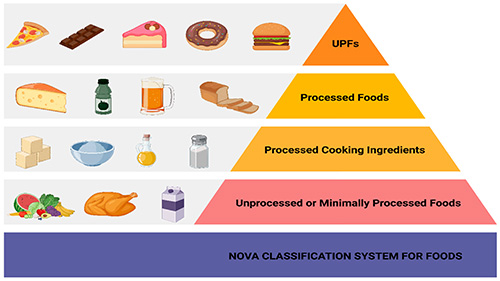Stop Counting Grams—Start Enjoying Life (and Food)

From chips to cereals to sodas, products everywhere flaunt their protein content like a badge of honor. This is part of a booming $28 billion nutritional supplement industry projected to nearly double by 2032.
But amid this protein frenzy, growing evidence suggests that most of us already meet or even exceed our needs. In the US, the recommended daily intake is about 0.8 grams per kilogram of body weight (slightly lower in the UK), and 20-30 grams per meal is usually enough—unless you're pregnant, experiencing menopause, or training like a professional athlete.
This pressure to optimize protein at every meal can actually reduce the joy of eating. Convenient trends like pre-made boiled egg snacks can stifle that enjoyment in the name of efficiency and health virtue signaling.
Even worse, obsessing over protein targets can lead to disordered patterns like health food obsession—an unhealthy obsession with "clean eating" that drains pleasure and spontaneity from food.
Rediscovering Joy: Mindfulness and Intuitive Eating
1. Mindful Eating: Reconnecting with Your Senses
Mindful eating encourages full sensory immersion—tasting textures, breathing in aromas, noticing flavors, and the sensations of your body. Practicing it can reduce overeating, improve digestion, and improve your relationship with food—results supported by multi-week intervention studies.
2. Intuitive Eating: Trust Your Body, Not the Scale
Going a step further, intuitive eating rejects dietary rules and instead focuses on hunger and fullness cues. Based on ten principles—"Honoring Hunger," "Discovering Satisfaction," and "Making Peace with Food"—it aims to cultivate self-compassion and a balanced diet. Research suggests benefits include lower cholesterol, better blood sugar control, and improved self-esteem and body image.
3. Eliminating "Food Noise"
Obsessive, intrusive thoughts about food (commonly known as "food noise") often stem from deprivation, stress, or environmental triggers. Strategies such as avoiding food advertisements, planning satisfying meals, choosing fiber-rich foods, getting enough sleep, and practicing stress management can help reduce these distracting thoughts.
Reestablishing a balanced relationship with food
To break free from nutritional fixations, adopt a more balanced approach:
Diversify your nutritional intake: Ensure your meals include a variety of food groups—fruits, vegetables, whole grains, and healthy fats—to support overall health.
Trust your body: Focus on your internal hunger and fullness cues, not external dietary rules.
Gradually reintroduce "fear foods": Allowing yourself to enjoy previously restricted foods can reduce anxiety and promote a healthier relationship with food.
Practice gratitude: Acknowledging the nourishment and pleasure that food provides can shift your focus from guilt to gratitude.



